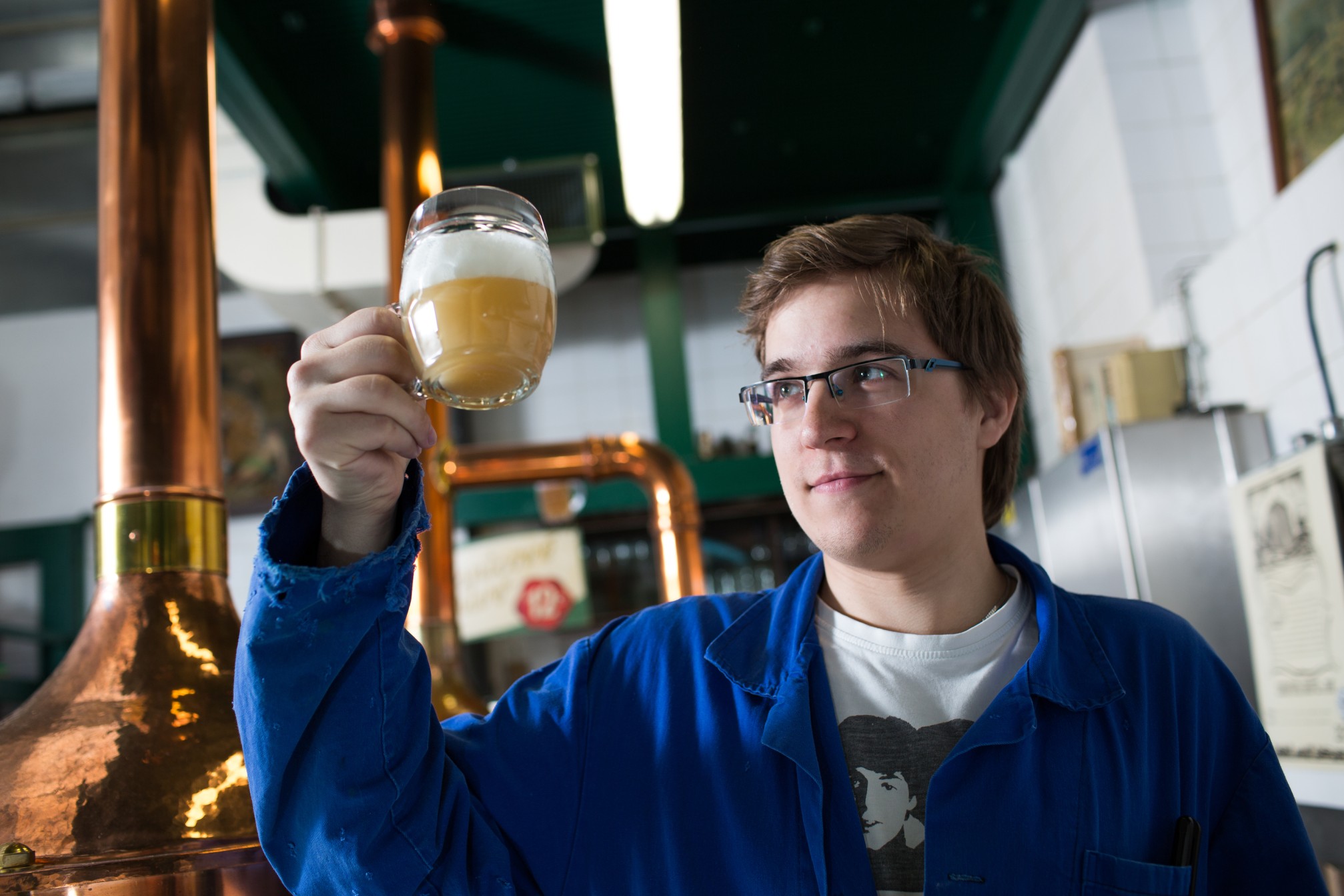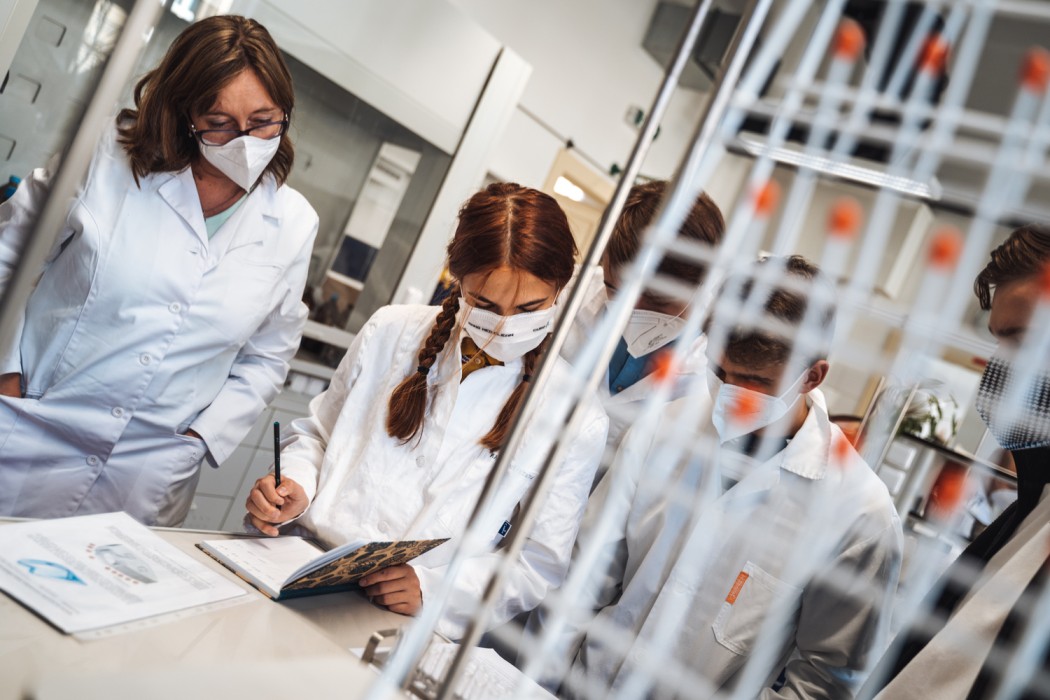Lenka Balíková works in the International Relations Office at the University of Chemistry and Technology (UCT). Here she tells us about UCT and why the University is an excellent choice for international students.
About UCT
‘The University of Chemistry and Technology, Prague is a centre of first-rate study and research in the field of chemistry in the Czech Republic. It is one of the country’s largest educational and research institutions focused on technical chemistry, chemical and biochemical technologies, material and chemical engineering, food chemistry, and environmental studies.
‘Prominent graduates of UCT Prague include Nobel Prize winner Vladimir Prelog, inventor of contact lenses Otto Wichterle, and author of the Czech chemical nomenclature Emil Votoček.
‘UCT Prague cooperates with more than 100 universities and institutions worldwide, which provides our students with various opportunities to participate in Erasmus+ student exchange programmes, traineeships and short-term mobility programmes. Student mobility, the creation and implementation of joint study programmes and the internationalisation of other areas of school life create an inspiring environment. International contacts in the scientific and research field are also a source for the development of UCT Prague’s own scientific and research activities.’
Undergraduate courses taught in English
‘UCT Prague has four faculties and a School of Business that offer undergraduate degrees in Analytical Chemistry, Biochemistry and Biotechnology, Materials, Energy Sources, Medical Chemistry, Environmental Protection and Economics and Management.
‘Once successfully graduated, students can continue their studies at UCT Prague in Master and PhD studies in the English language, or pursue their studies abroad.’
International students
‘International students make up 23 per cent of all students at UCT Prague and come from more than 80 countries worldwide.
‘Being a small university with approximately 4000 students and around 400 academic staff, our students appreciate the ‘family atmosphere’, the possibility to easily establish contacts with teachers and also the availability of accommodation in university dormitories.’
Cambridge International students

‘UCT Prague welcomes students with Cambridge International certificates.
‘There are no set grade or course requirements for entry into the undergraduate programmes, however A Levels in Mathematics and Chemistry (and Biology or Physics depending on the chosen faculty) will strengthen an application.
‘A Cambridge IGCSE English as a Second Language certificate is accepted as proof of English language skills if a student needs to confirm the minimum score of B2 on the Common European Framework of Reference for Languages.
‘Students whose mother tongue is English are exempt from providing an English language proficiency certificate.
‘Full admission requirements can be found at the official website of UCT Prague.’
Why should Cambridge International students choose UCT Prague?
‘UCT Prague is a prestigious university that, according to the respected QS World University Rankings 2023, is among the 600 best universities in the world.

‘For employers, UCT Prague graduates are often the first choice; in addition to deep theoretical knowledge and laboratory skills, they value above all incisive engineering thinking and the ability to quickly respond to new problems. Graduates are most often employed as heads of laboratories, company technologists, managers, scientists or experts in the state administration.
‘Students can join school teams – we have exceptional floorball, hockey, football and volleyball teams, a climbing club, water sports club and much more. The University also has its own orchestra, Chemchor choir and the UNI-ART art association.
‘Students can also participate in Sipek Faculty Cup, the official competition in sports and other disciplines (university labyrinth run, chess tournament, carnival battle of faculties, cross campus run and dragon boats) between the faculties.
‘And we must not forget to mention the breath-taking scenery of Prague, the capital of the Czech Republic, steeped in history dating back to the 8th century AD.’